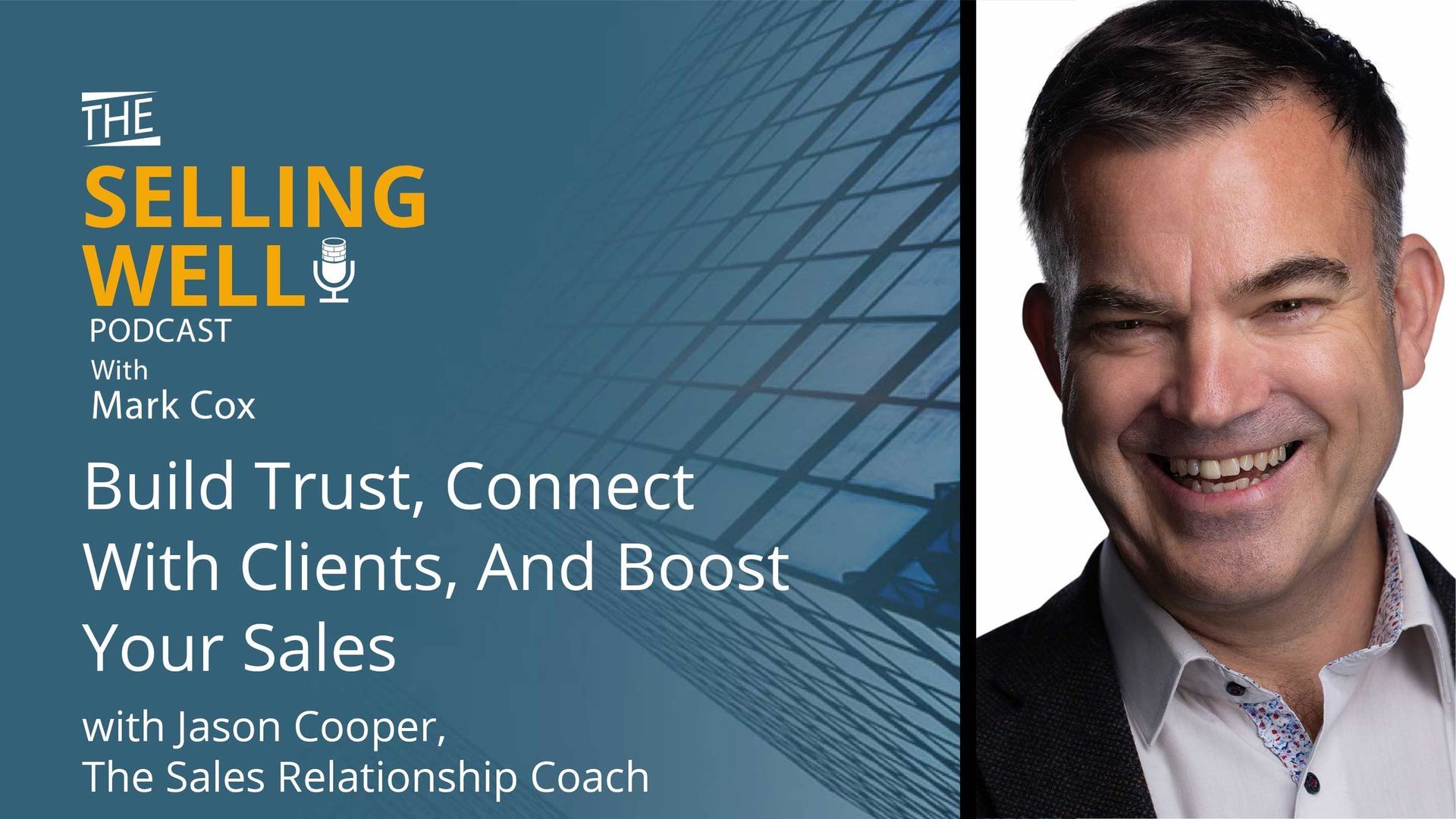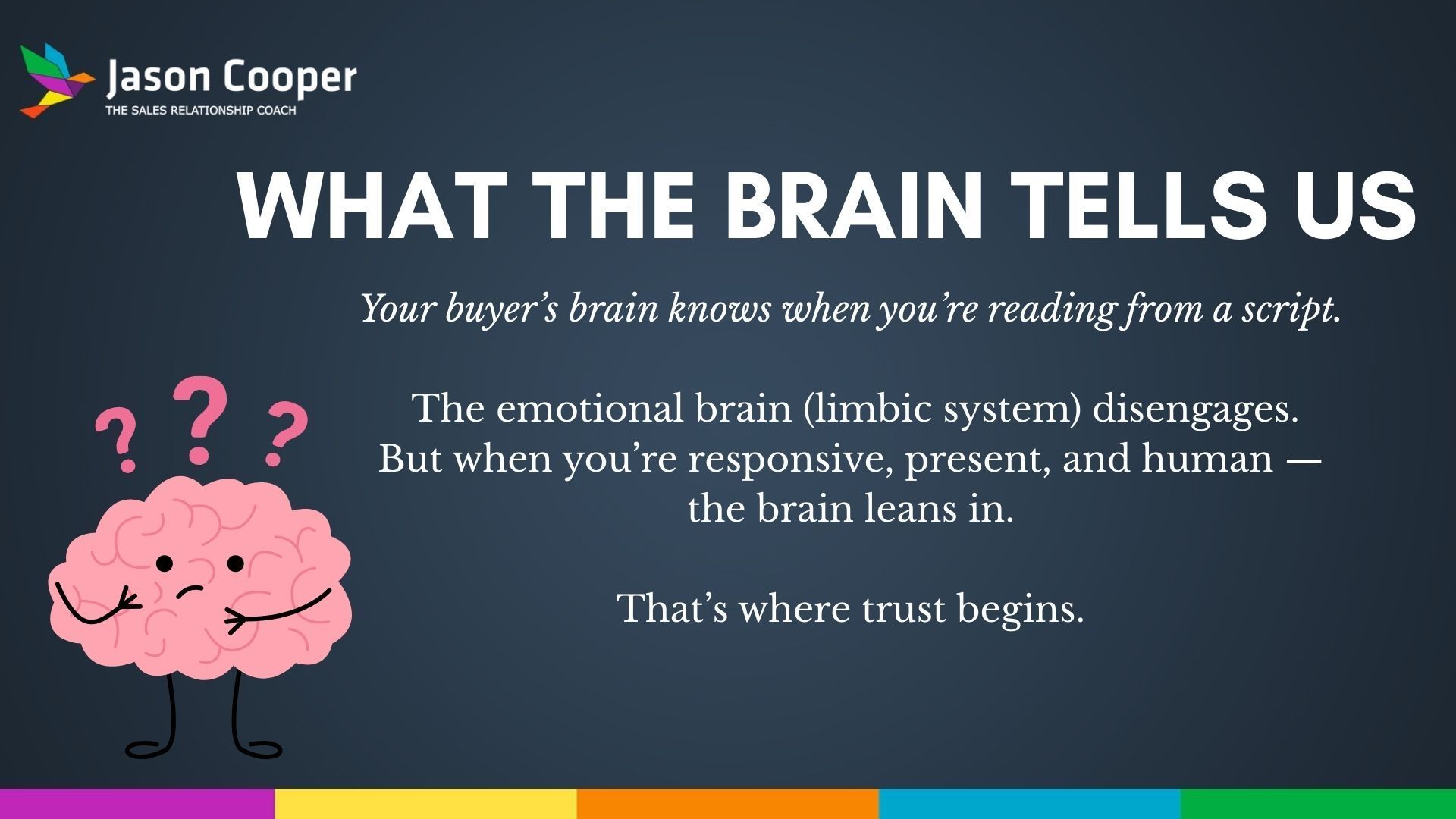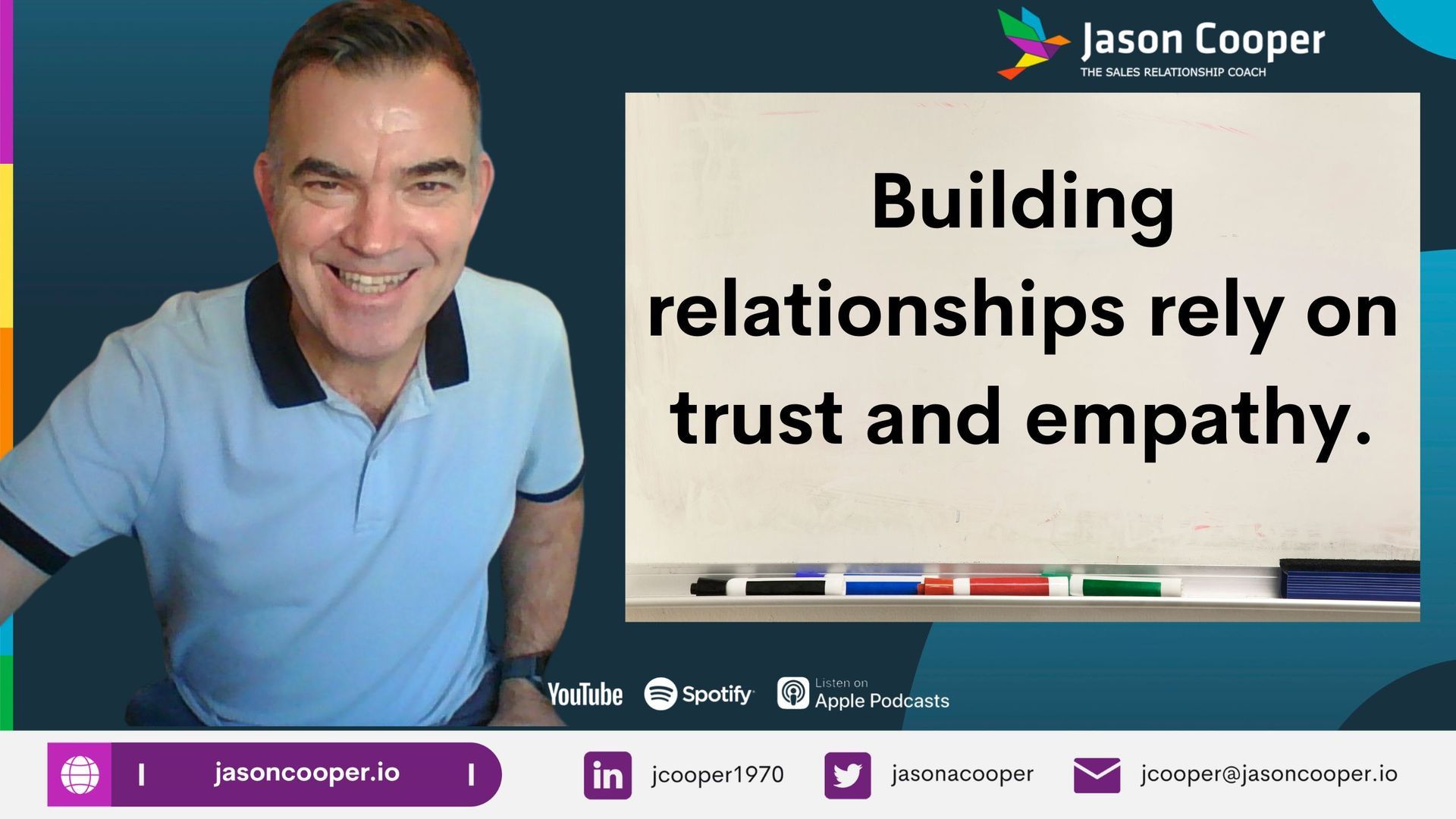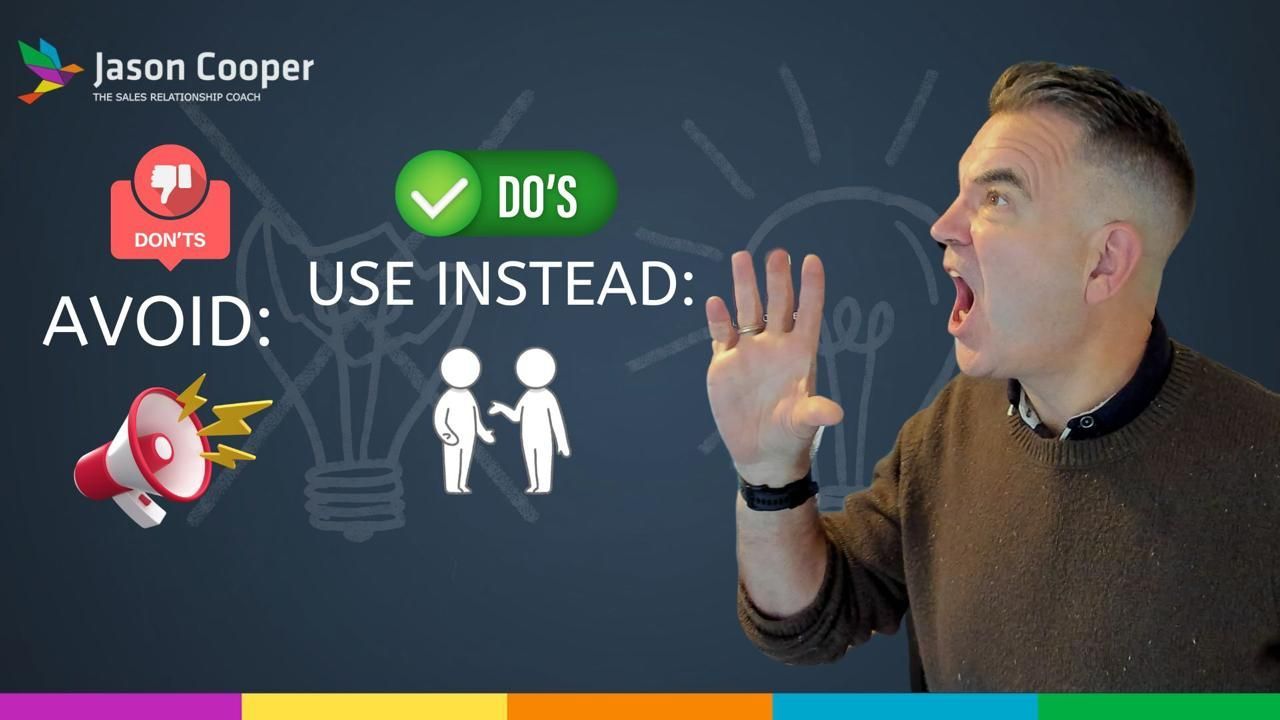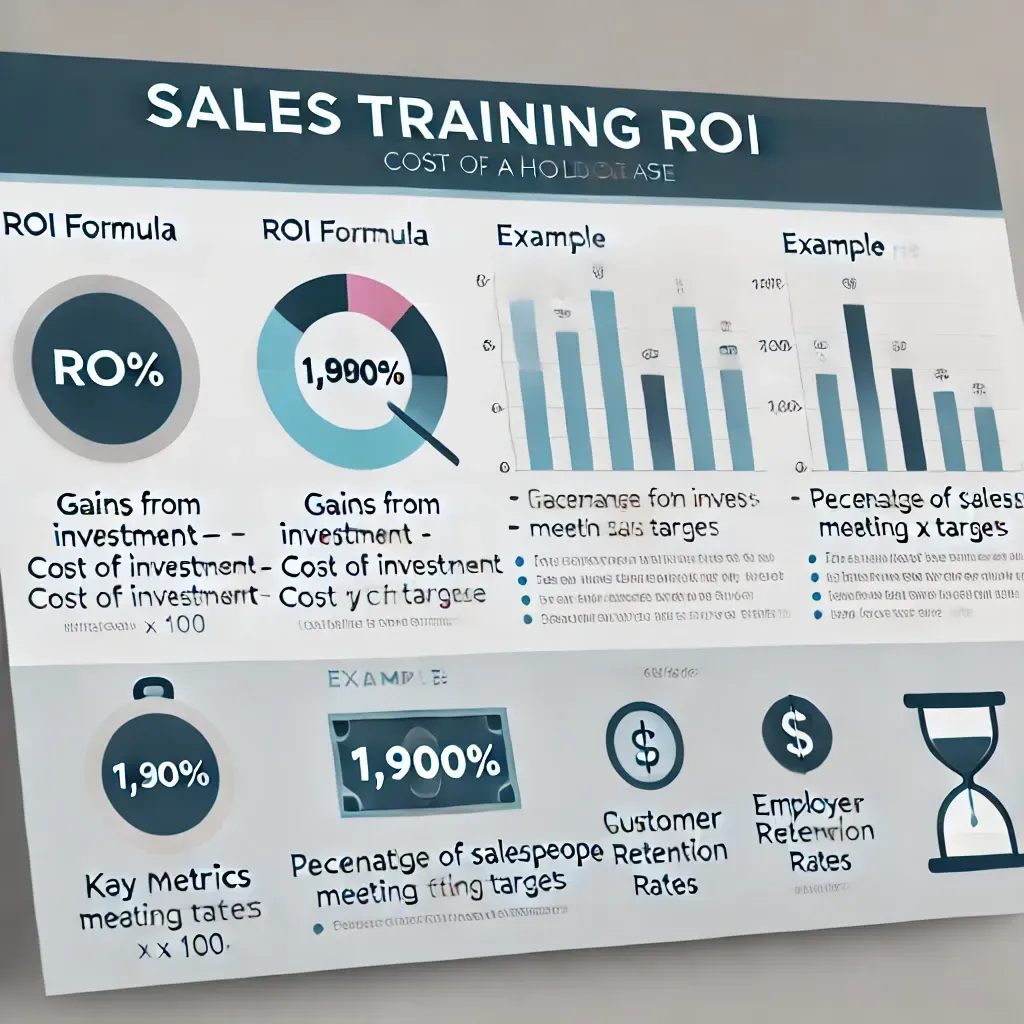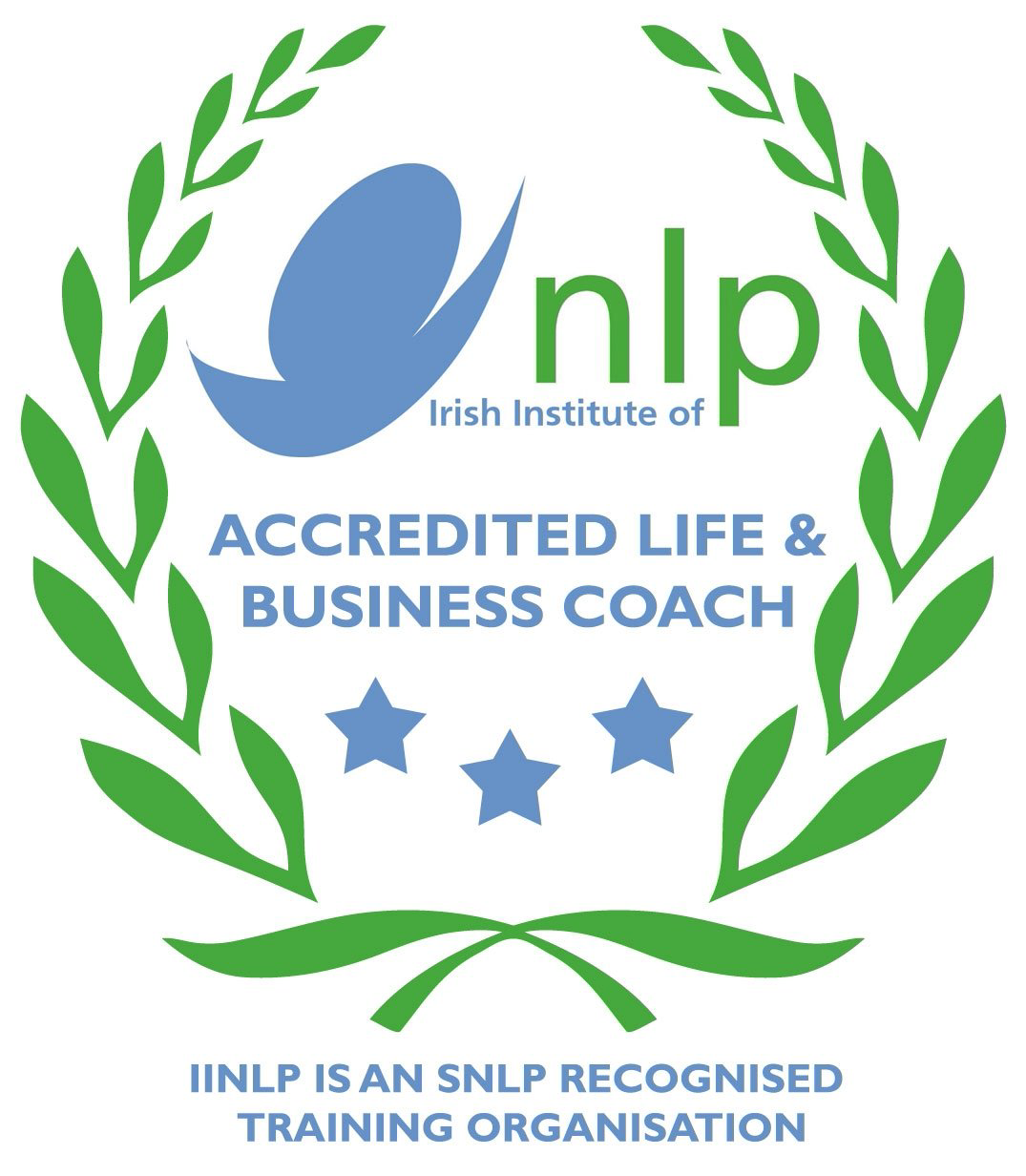Understanding how we can communicate effectively to different people

According to behavioural research, the most influential people are those who understand both their strengths and weaknesses, so they can develop strategies to overcome their environment's demands.
The way a person behaves is a necessary and integral part of who they are. To put it another way, we are much like what we do. Much of our behaviour is shaped by "nature" (innate), and much of it is shaped by "nurture" (upbringing). I describe the latter later.
Our observable human behaviour is the universal language of "how we act."
We are measuring four dimensions of normal behaviour in this report.
They are: How you deal with problems and challenges.
How do you persuade others to view your point of view?
How do you keep up with the pace of the environment?
How you react to rules and procedures set by others.
Behavioural style is defined in this report as a person's way of doing things. Do you agree with it?
100 per cent? Maybe, maybe not. We're only measuring behaviour. We report only what we observe.
Based on the behavioural patterns found. You can make adjustments to improve accuracy if you wish.
Adding notes or editing the report in regard to any statements from the report that may or may not apply
should only be done after consulting with friends or colleagues.
Thus, the organization can design a system to capitalise on his individual value
so that he becomes an integral part of the team.
Checklist for Effective Communication
The majority of people are aware of and are sensitive to how they prefer to be treated.
And we communicated with. This section is considered highly accurate and essential by many people.
It enhances personal relationships. It gives others a better understanding.
List of things to do in your communications. Review each statement.
Select the three or four most important statements. Recommended
Highlighting the most important "DOs" and providing a list
Most frequently used.
Communicate in the following ways:
Thanks for your involvement.
We understand his sporadic listening skills.
A big thinker.
The self-starter.
Future-oriented and forward-looking.
Able to change gears quickly and often.
Handles multiple tasks and clients simultaneously.
Usually makes decisions looking out for the bottom line.
Has a creative approach to selling and solving problems.
Verify that the message was heard.
Put projects in writing with deadlines.
Take issue with facts, not the person, if you disagree.
Take issue with facts, not the person, if you disagree.
Support and maintain an environment where he can be efficient.
Present the facts logically; plan your presentation efficiently.
Be open, honest and informal.
Support the results, not the person, if you agree.
Read the body language--look for impatience or disapproval.
Come prepared with all requirements, objectives and support material in a
well-organized "package."
The following are ways NOT to communicate:
Talk too much or waste his time.
Make the assumption that he heard what you said.
Avoid rhetorical or useless questions.
Develop a personal relationship.
Prepare a ready-made decision and do not make it for him.
Do not intervene until you have finished.
Reinforce agreement with "I support you."
Don't follow up afterwards.
Take a paternalistic approach.
Try to convince me on my own terms.
Become redundant.
Don't let disagreement affect them personally.
Tips for Selling
an Item to Someone Who Is Dependent, Clean, and Orderly
Consistent, Perfectionist, Careful, and Committed:
Make sure you prepare your "presentation" in advance.
Provide facts to support your case.
Prepare in advance.
Be as accurate and realistic as possible.
Potential sources of tension include:
giddiness, casualness, informality, loudness.
Small talk wastes time.
An unorganized or messy environment wastes time.
Sell to someone ambitious, and be prepared to listen.
Decisive, strong-willed, independent, and pro-active in achieving goals:
Be specific, brief, and straightforward.
Focus on the task at hand. Make your presentation effective.
Prepare supporting materials beforehand.
Create a well-organized presentation package.
Tension-causing factors include:
Discussion of irrelevant topics
and issues.
We are leaving loopholes or cloudy issues.
Appear disorganized.
When selling to a patient person,
predictable, reliable, steady, relaxed and modest:
Begin with a personal comment--break the ice.
Present yourself softly, nonthreateningly and
logically.
Earn their trust--provide proven products.
Factors that will create tension:
Rushing headlong into the interview.
They are being overborne or demanding.
Forcing them to respond quickly to your questions is a sign that you are selling to a magnetic person.
Being enthusiastic, friendly, and enthusiastic about politics:
Provide a friendly and warm environment.
Don't get into details unless they want you to explain.
Give testimonials from people who are respected by them.
Factors that will cause tension:
Coldness, curtness, and tight lips.
Trying to control the conversation.
Focusing on facts, figures, and alternatives.
Irrelevance.
Looking at the different type of people to look at how you would communicate to.
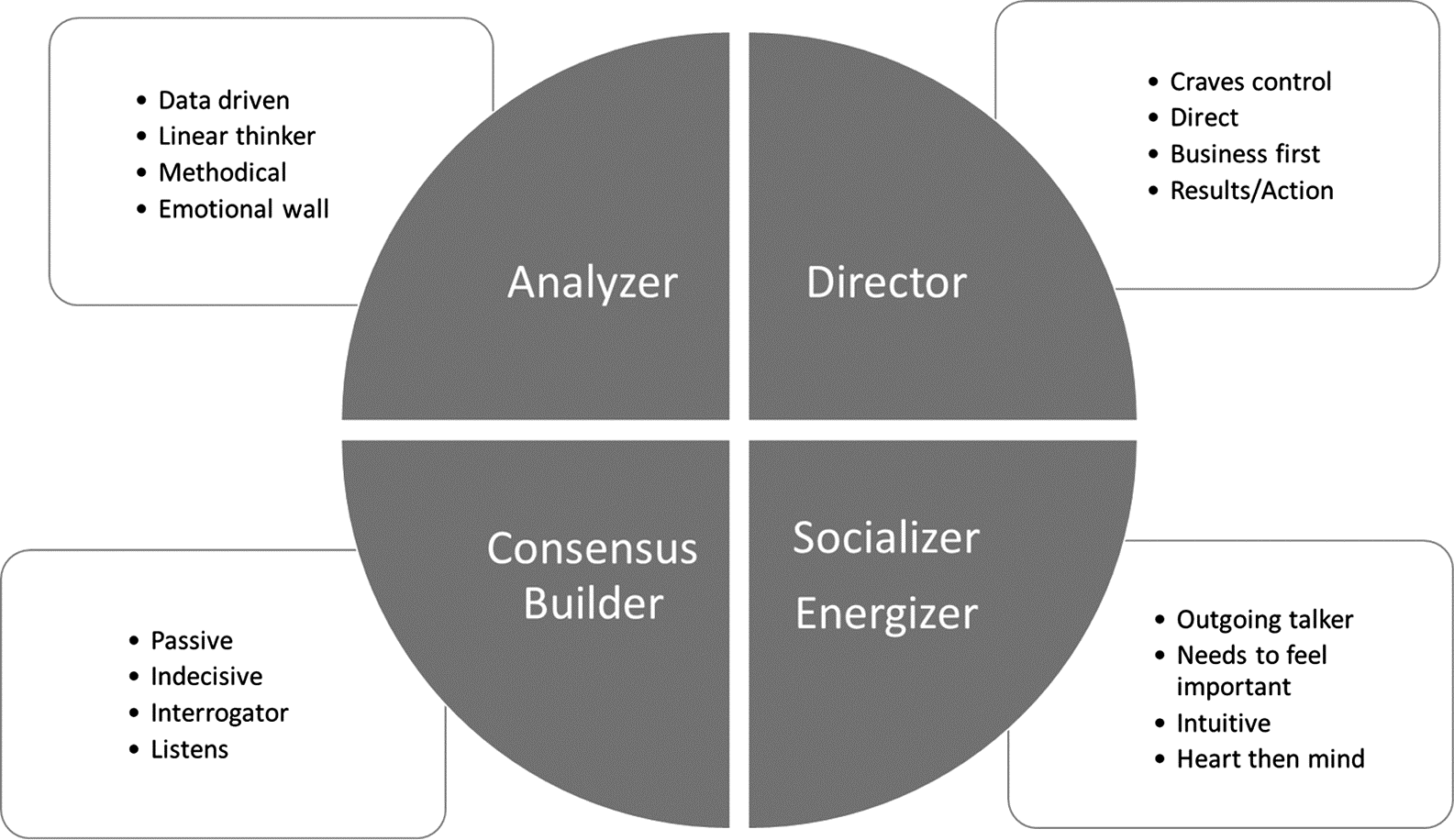
High Performance Blog

